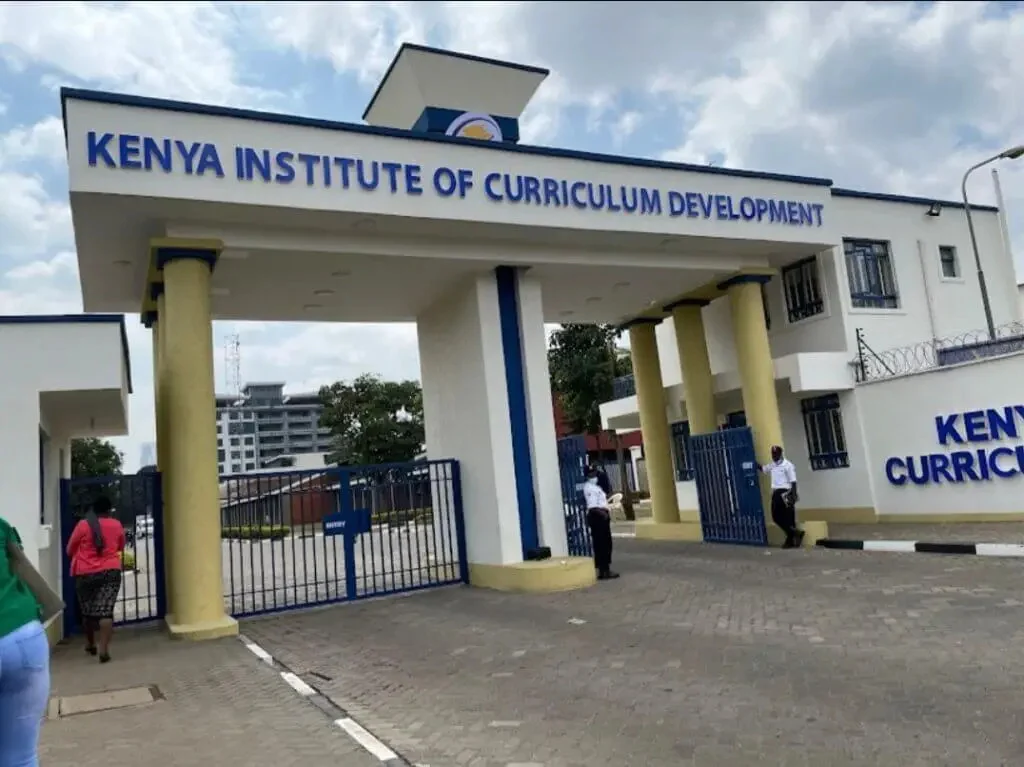The Principal Secretary state department for TVET, Dr. Esther Thaara Mouria has called upon the principal of various TVET institutions from the Coastal region to focus on Recognition of Prior Learning (RPL) practitioner training for KATTI.
According to the PS, the state department for TVET plans to increase the number of trained RPL practitioner form current 4,000 to 7,000.
She said that this will help many Kenyans to get certificate that match their skills helping them to get employment and also help labour mobility by promoting lifelong learning in social inclusions and self-estimate.
Training of RPL practitioner is critical in building capacity of TVET institutions and will advance the implementation of the RPL policy in Kenya.
“The RPL practitioner across the various KATTI regions in Kenya will enhance and increase the number of jua kali artisans and MSME that have been assessed and certified form 5,170 to 700,000 by the end of 31st December 2025,” Muoria said.
ALSO READ:
CEMASTEA launches data collection for STEM teachers ahead of 2026 CBE transition
Also the similar training have been going on at Kenya Coast National Polytechnic and Kisumu National Polytechnic.
RPL is in line with the government commitment to provide a platform for recognitions and certification of a huge segment of the Kenyan populations mainly in the youth who have acquired competences through the Jua kali sector.
Muoria noted that as the government they support capacity building, collaborations and continuous improvement in technical and vocational educational and training (TVET) institutions for strengthening leadership for a sustainable future.
She added that with over 200 public and private TVET institutions in Kenya the government has taken significant steps to promote vocational training as viable alternative to academic education.
“TVET programmers are now being embraced by high school graduates unlike previously, TVETS holds the key to unlocking Kenya’s economic potentially by Equipping the youth with hands on job ready skills that meets the demands of the 21st century job markets shed noted.” Muoria said.
ALSO READ:
KNUT demands higher capitation as schools struggle with rising costs
Courses offered in TVET institutions range from electrical engineering and plumbing to culinary arts and digital skills offering youths divers pathways to gainful employments or self-employment.
The PS reiterated that sectors such as manufacturing, constructions, hospitality, and ICT are in dire need of skilled technicians, artisan and services providers, the country is currently facing a mismatch between the skills possessed by job seekers and the requirements of employments.
“Highlighting success stories of TVET graduates and linking skilled development to national goals such as the bottom up economic Transformations Agenda (BETA) can inspire more youth to enforce vocational training,” said the PS.
The PS urged the transition to competency based education and training (CBET) is a cornerstone of the country educations reforms a gender aimed to produced graduates who are not only knowledgeable but skilled innovative and ready to compete in the modern labor.
By Collins Akong’o.
You can also follow our social media pages on Twitter: Education News KE and Facebook: Education News Newspaper for timely updates.
>>> Click here to stay up-to-date with trending regional stories
>>> Click here to read more informed opinions on the country’s education landscape






